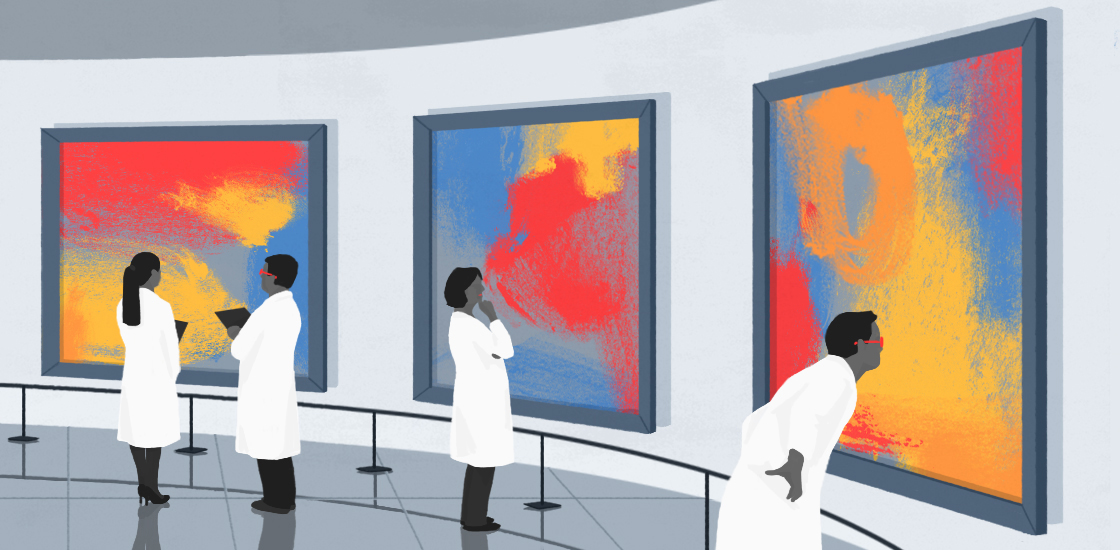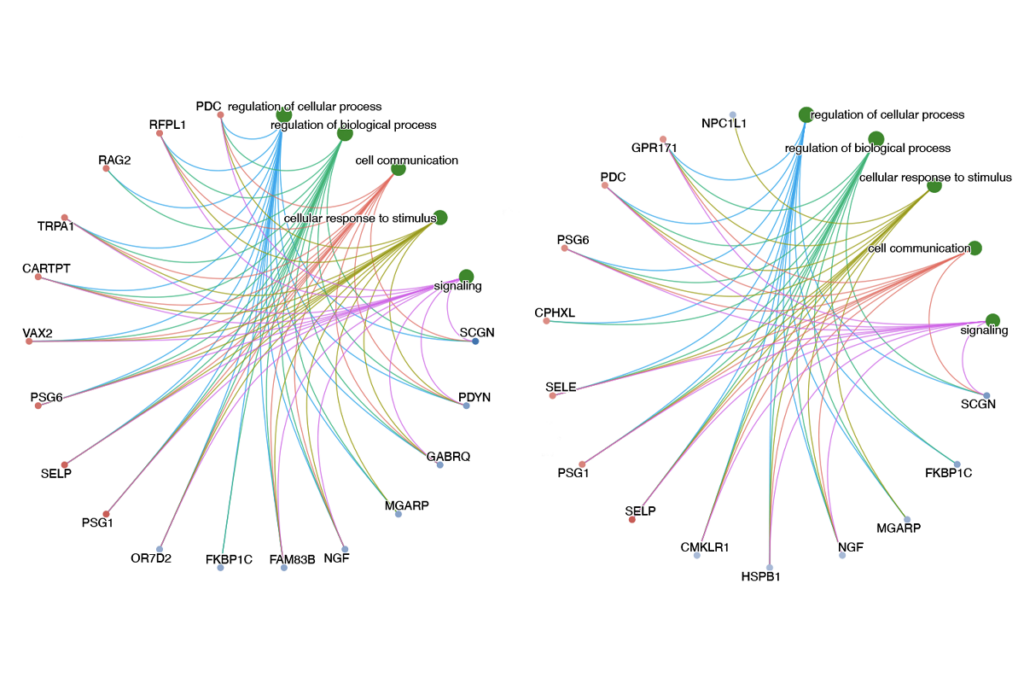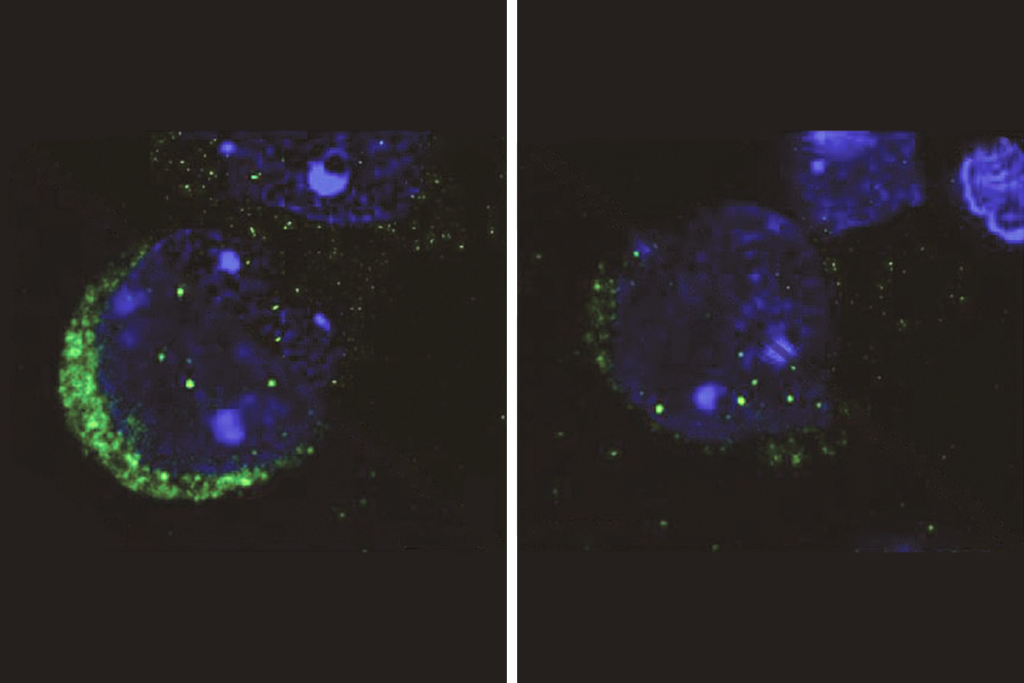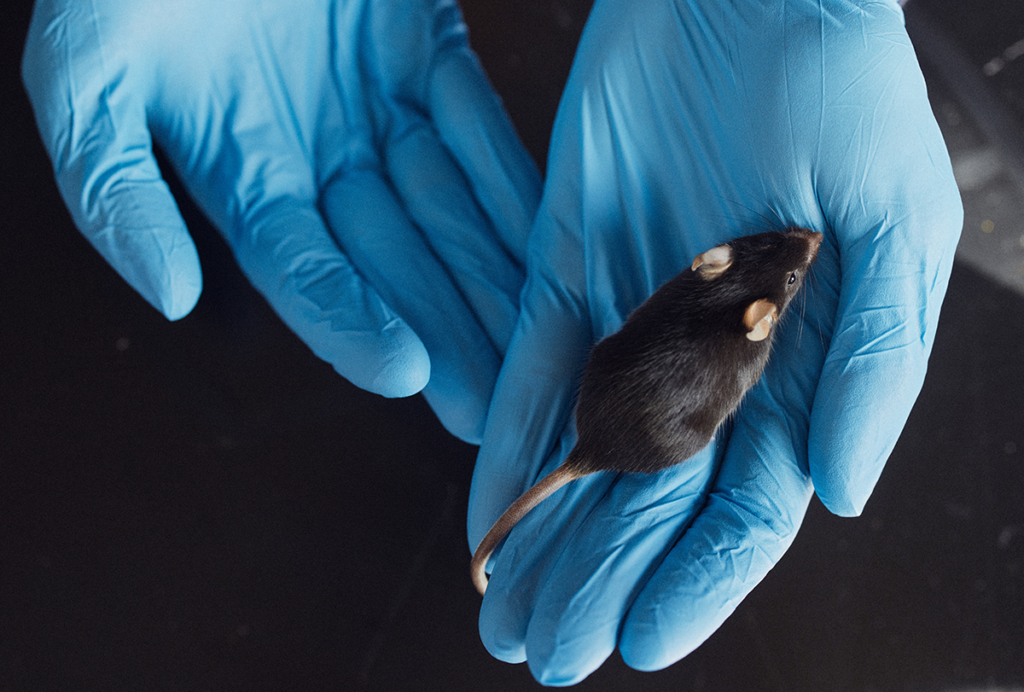Autism research needs a dose of social science
Academics in disciplines such as law, history and the arts have the potential to make extensive contributions to the lives of people with autism.

Editor’s Note
Spectrum’s house style is to refer to ‘people with autism’ rather than ‘autistic people.’ But we made an exception in this instance because the author chose to honor the terminology preference of some members of the autism community.
Scientists are increasingly recognizing a moral imperative to collaborate with the communities they study, and the practical benefits that result. Autism researchers are joining this movement, partnering with people on the spectrum and their families to better address their priorities.
But scientists aren’t always equipped to tackle these priorities. For instance, many societal issues that are important to autistic people, such as obtaining support as a parent, fall outside of my expertise as a psychologist.
Most of the funding for autism research in the United Kingdom supports work in the category of ‘biology, brain and cognition or causes.’ In the United States, funding is slightly more evenly distributed, but researchers investigating ‘treatments and services’ still earn a minority of grant money.
In both countries, funding directed at societal issues is miniscule. This is not simply because this type of research has lower costs; the distribution of published papers across these disciplines is also uneven.
It doesn’t have to be this way. Autism research doesn’t have to mean science. It doesn’t have to include p-values and normal distributions, nor Bayesian models and latent variables. In fact, we are increasingly facing the limitations of these methods in terms of understanding the heterogeneity of autism.
With that in mind, we can invite experts from other disciplines, such as law, history, political science and the arts, into the fold. They have the potential to make extensive contributions to the lives of autistic people.
Divergent disciplines:
In a Twitter chat during the International Meeting for Autism Research in May, some participants noted the lack of representation from the social sciences, arts and humanities in autism research. The organizers don’t deliberately block experts from these disciplines from participating in the conference.
For example, the 2015 keynote by Roy Richard Grinker provided an anthropological perspective on the construct of ‘autism.’ And a sprinkling of studies from beyond the usual trinity of biology, medicine and psychology mark a fascinating departure from the meeting’s scientific focus each year.
But we need more of this mix, especially at a time when what it means to be ‘autistic’ is so hotly debated. It is challenging to honor the neurodiversity and autistic rights agenda while recognizing the difficulties that many people on the spectrum face. We need to consider a wide range of opinions if we want to achieve this balance.
Steve Silberman, author of “Neurotribes,” and others draw parallels between the autistic rights movement and the gay rights movement. In 2013, the American Psychiatric Association appointed its first openly gay president — an extraordinary move considering that just 40 years ago, homosexuality was still listed as a psychiatric disorder in the “Diagnostic and Statistical Manual of Mental Disorders.”
Can we expect the same for autism a few decades from now? A comparative, historical analysis of the autistic rights movement against the backdrop of other civil rights movements would provide a fascinating context for the status of autism.
It would also be constructive to identify the limits of these comparisons. Are there fundamental differences in how we might conceptualize and pursue these rights? When rights are won, how and when will they be translated into services and opportunities?
Sociologists might investigate the related subject of intersectionality and autism. For example, how does autism interact with other potential sources of discrimination, such as race, sexuality, gender and religious belief?
Social studies:
The experience of autistic people as citizens is also a valuable subject for research. In June, the U.K. held a general election. The hashtag #cripthevote was highly visible. People used the tag to highlight barriers to voting for people with disabilities, and to discuss the impact of different political manifestos on the community.
Understanding political engagement among people on the spectrum is crucial to helping them achieve autonomous participation in society. Political scientists could examine whether campaign materials are suitable for the autistic community, and explore other barriers to voting.
There is widespread interest in understanding the needs and experiences of autistic people as they age. Many parents worry about what will happen to their children when they themselves are gone. What legal and financial-planning mechanisms could help parents to make provisions for their adult children? And what happens when autistic people lose mental or physical capacity as they age, due to dementia or ill health? Are the legal frameworks for our aging population enough, or should there be special considerations?
Finally, although a lack of creativity is considered a sign of autism in some diagnostic tools, the many autistic artists undermine this notion. An art historian could analyze the contributions of these artists and the ways in which their autism influenced the creative process. This would enrich and expand our understanding of the autistic experience.
Some of these projects in sociology, law, politics, history and art require significant investment and research over time. They would particularly benefit from leadership by scholars who are themselves autistic. But scientists can address some of these issues on a smaller scale. For instance, starting in September, I’ll be supervising a graduate student in music who is exploring the best way to teach music to autistic children. (And in writing this piece, I consulted with autistic people.)
It seems likely that the biomedical scientific community will continue to represent the establishment in autism research. But we should take every opportunity to draw in our colleagues from other disciplines to deliver research that can help us provide better support to the autistic community and their allies.
Sue Fletcher-Watson is chancellor’s fellow in developmental psychology at the University of Edinburgh in Scotland.
Recommended reading

New tool may help untangle downstream effects of autism-linked genes

NIH neurodevelopmental assessment system now available as iPad app

Molecular changes after MECP2 loss may drive Rett syndrome traits
Explore more from The Transmitter

Organoids and assembloids offer a new window into human brain

Who funds your basic neuroscience research? Help The Transmitter compile a list of funding sources
